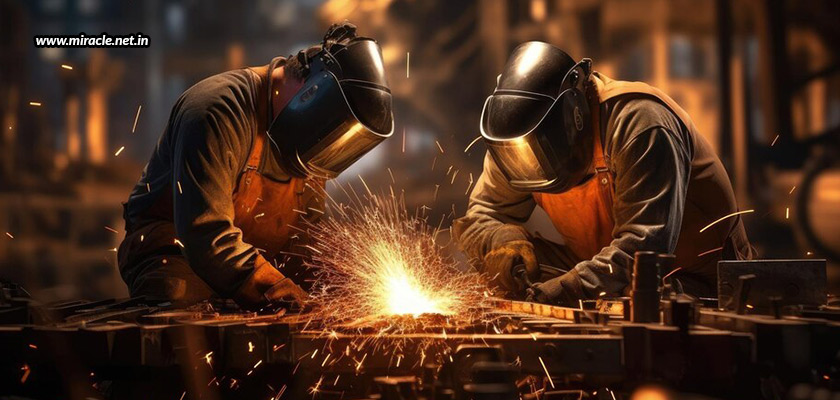
How Industrial Housekeeping Improves And Safeguards Workplaces
A certain level of order and cleanliness is required for an industrial setting to operate well. The need for industrial housekeeping exists across all facilities and industries, despite the fact that they all confront unique challenges. The solutions, which largely involve fume, particle, and dust extraction, help to ensure staff safety and product quality.
The main objective of industrial housekeeping
The Japanese 5S system’s five S’s, which stand for sorting, straightening, shining, standardizing, and sustaining, might be considered as a pioneer in industrial housekeeping. this 5S system is today an international standard for workplace organization, particularly in the manufacturing sector. The main objective of industrial housekeeping is to have a system in place that lowers the quantity of hazardous dust, particles, fumes, and other pollutants within the facility. While keeping things clean and orderly is undoubtedly an element of the concept, it is not the only one.
Keeping things clean and orderly isn’t enough
The effects of exposure to the harmful fumes and dust can extend well beyond the operator of a particular equipment, and are frequently indirect too. Consider the welding industry, where safety standards for the majority of welders have long included wearing protective clothing, helmets, and other equipment. The risk that welding gases pose to a wider range of people, including visitors and less protected employees, is, however, a much more recent discovery. One has been able to lower the hazardous emissions and enhance air quality by adding effective fume extraction technologies to welding equipment.
There is still lack of awareness
Even so, there is still much to be done in this area, and how and to what extent effective industrial housekeeping is being applied varies significantly across countries and industries. As proper hygiene is crucial to their production, the food and pharmaceutical industries are in many respects at the forefront of this evolution. Compare that to a more established, heavier industry, such as a metalworking facility, where milling machines may only be cleaned off using compressed air, thereby causing the machine’s oil and dust to be blown into the air! In many parts of the world, people are still using simple brooms, dustpans, and vacuum cleaners to clean workplaces, which certainly does catch the majority of the larger particles, but also frequently stirs up the tiny ones into the air. This proves unequivocally that brooms, mops, and vacuum cleaners are just not enough! The quality of what is being produced may also be impacted if there is no effective plan in place to ensure workplace safety or if the facility and the machines are dirty and dusty.
The benefits of industrial housekeeping
In most cases, taking care of the actual dust or waste is not too difficult. It is still the responsibility of factory owners to inform the staff about potential issues and health hazards that may arise if the equipment is not used or maintained properly, even if the workers are highly skilled and aware of the same. This is true even though there is undoubtedly an increase in global awareness of industrial housekeeping and its advantages. The next step is to implement industrial housekeeping practices. The necessity for at least some form of industrial housekeeping is universal, but the specifics and requirements differ greatly depending on the equipment chosen, its size, how it will be installed, and other factors.
The Fumekiller from Powertech Pollution Controls proves to be the best bet here. This welding fume extractor uses electrostatic filtering technology in conjunction with a high-efficiency two-stage electrostatic precipitator to collect and manage fumes, mist, smoke, and fine dust created during welding, soldering, and other related activities. This fume extractor has special features that make it useful for a range of industries and applications, including welding, soldering, wave soldering, rubber curing, oil quenching, induction hardening, wire drawing, annealing, dip tinning, die casting, and more. It also helps to make the workplace safer and healthier by removing harmful airborne pollutants. It can also be used to collect the fine powder produced during the operations of tableting, encapsulating, and finishing.


